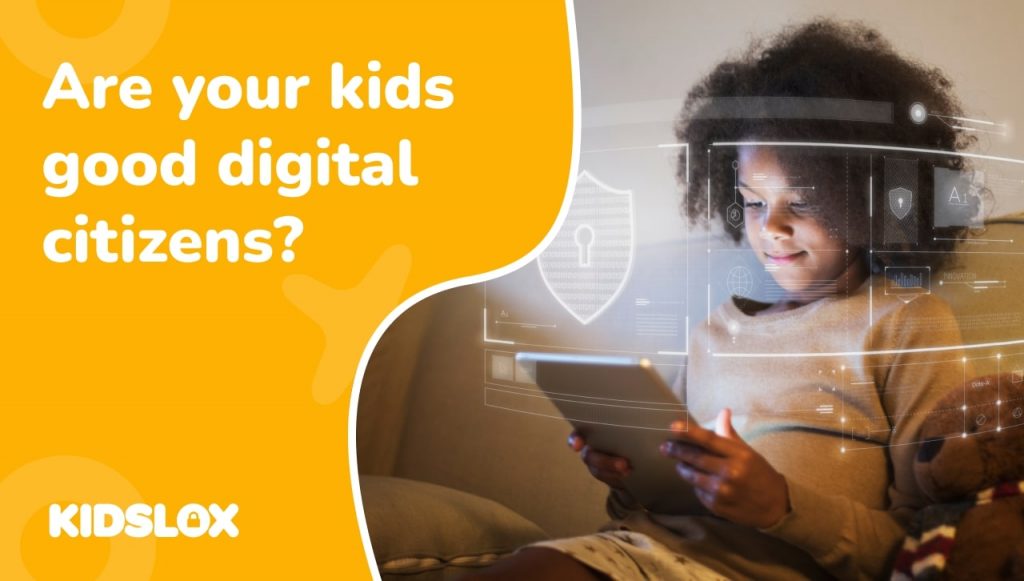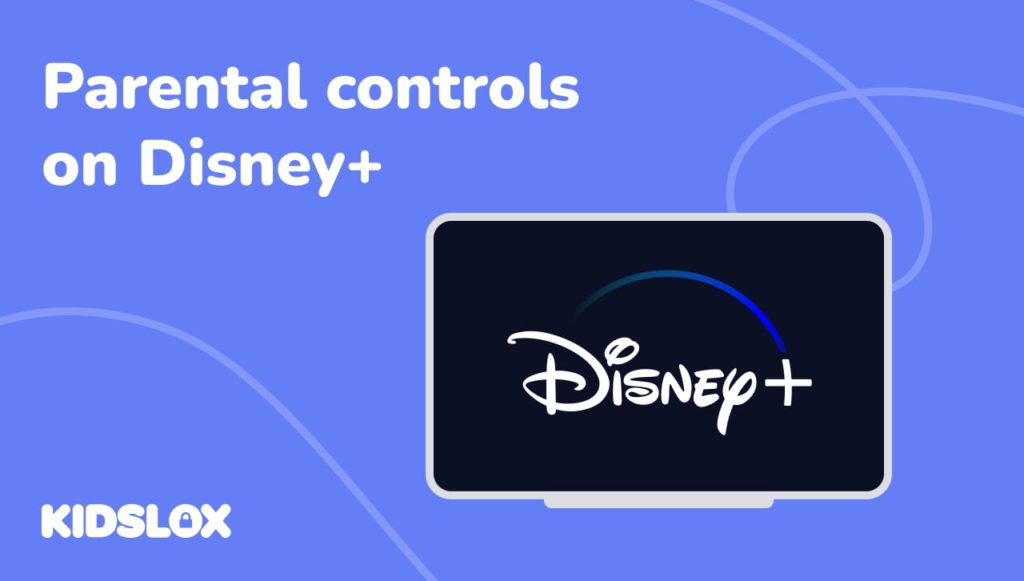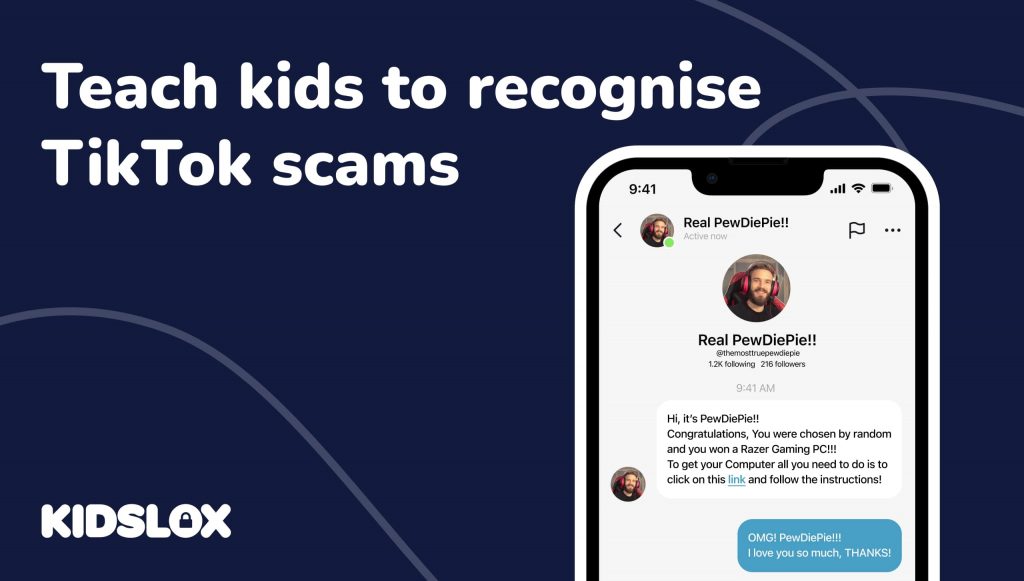What is digital citizenship and why is it important?
The idea of digital citizenship isn’t new, but the philosophy has become more well known in recent years as our lives become increasingly entwined with technology. Many educators, schools and other governing groups all advocate for greater awareness of how to be a responsible digital citizen from the early years.
Digital citizenship is a term used to describe the responsible and ethical use of technology, particularly in online spaces. It encompasses a wide range of behaviors, from being respectful to others online, protecting one’s personal information and not creating or sharing harmful content. It also includes being proactive in helping to keep the internet a safe space for everyone, by reporting cyberbullying, hate speech and other dangerous rhetoric wherever it pops up.
In today’s digital age, where technology is pervasive and omnipresent, understanding digital citizenship is more important than ever. It is essential that individuals, particularly young people, understand the consequences that their online behavior can have, for themselves and for others. In this Guide To, we will explore what digital citizenship is, why it is important, and how you can practice digital citizenship for your kids.
What does digital citizenship mean?
Defining digital citizenship is complex. We are referring to a way of behaving that extends itself from how we conduct ourselves in the ‘real world’ to our online lives. The concept encompasses a wide set of norms, behaviors, and responsibilities that people must take into account when using digital technology. It is the understanding of how to use the internet safely, ethically, and responsibly. This covers all elements of digital life, including online safety to the right type of digital communication and responsible social media use.
In addition to individual behavior, digital citizenship also involves creating a positive online community. It is about being respectful to others and promoting a culture of kindness, empathy, and mutual respect online. It involves treating others with the same dignity and respect that you would expect for yourself.
In short, a lot of what we learn about digital citizenship could be described as ‘common sense’. Common sense digital citizenship centers around the realization that there are real people behind our devices, and how we act towards them shouldn’t differ to the way we would interact with them if we were ‘in real life’. In short, there is no distinction between the two.
Why is digital citizenship important?
Digital citizenship is important for several reasons. First, it helps to promote a safe and secure online environment for everyone. Being a responsible citizen in our physical and non-digital lives goes without saying, and therefore how we conduct ourselves online shouldn’t be any different. By practicing responsible behavior digitally, individuals can protect themselves and the ones they love from online threats such as identity theft, cyberbullying, and online harassment.
Secondly, digital citizenship helps to promote a positive online community where the internet can be harnessed for good. By treating others with respect and kindness, being an effective digital citizen helps to create a positive online culture that promotes empathy, understanding, inclusivity and sharing of knowledge and resources.
Looking forward, digital citizenship is essential for career success. In today’s technological age, employers are increasingly looking for individuals who have a strong understanding of digital technology and can use it effectively and responsibly. By practicing good digital citizenship, individuals can develop the skills and knowledge necessary for success in the digital workplace.
Finally, digital citizenship is essential for democracy. As more and more information is disseminated online, it is essential that individuals are able to distinguish between reliable and unreliable sources of information. By practicing responsible online behavior, individuals can help to promote an informed and engaged citizenry.
What are the 9 elements of digital citizenship?
As we continue to do more online, governments, educators and parents across the world understand the importance of positive digital citizenship, and promote it from an early age throughout our education systems.
According to authors, Mike Ribble and Gerard Bailey, there are 9 elements of digital citizenship to learn and remember:
- Digital access: Everyone should have access to technology and the internet.
- Digital commerce: Online transactions should be conducted ethically and securely.
- Digital communication: Online communication should be respectful and effective.
- Digital competency: People should have the skills and knowledge to use technology effectively.
- Digital etiquette: Online behavior should be polite and appropriate.
- Digital law: People should follow laws and regulations related to technology and the internet.
- Digital rights and responsibilities: People have certain rights and responsibilities when using technology and the internet.
- Digital health and awareness: People should be aware of the potential health risks associated with technology use.
- Digital security: People should take steps to protect their online security and privacy.
How can we put effective digital citizenship into action?
We learn how to be good citizens through the guidance of our parents, caregivers and responsible adults and educators around us. We watch and learn through their actions and positive reinforcement of our own. But what of the online world? More often than not, we work in isolation behind our screens and on our devices. For some, this can lead to riskier behaviors and saying things that they might not say in person.
Here’s how to put positive digital citizenship into action:
- By protecting your personal information
A core element of digital citizenship is the protection of personal information online. This includes avoiding sharing identifiable facts about yourself, including full names, addresses, and phone numbers, banking details, even school names and locations. It is about cultivating an attitude of caution when providing personal information to websites, apps and other people you encounter online.
- By not being a bully or a troll
Cyberbullying is a major issue in today’s digital age. It is important to be respectful and kind to others online, and to avoid engaging in behavior that can be hurtful or harmful to others. Trolling is commonplace, especially on social media where individuals hide behind their screen to spread hate and prey on others. Responsible digital citizens proactively try to stamp this out by reporting it wherever they see it.
- By creating a positive online community
Promoting and helping to foster a positive online community is another core element of being a responsible digital citizen. This includes being respectful and kind to others online, and promoting a culture of kindness, empathy, and mutual respect.
- By understanding the implications of online behavior
It is important to understand the consequences of how you act online. This includes understanding how your digital actions can impact others, as well as the potential legal and ethical consequences of bad etiquette or dangerous activities online.
- By using technology effectively
Digital citizenship involves using technology effectively and responsibly. This includes understanding how to use tools safely and ethically, as well as using technology to promote positive change and create a better world.
- Promoting digital understanding
Knowing how to navigate the internet, social media and other forms of technology is essential for effective digital citizenship. This can include developing the skills and knowledge necessary to use things like how to compose emails effectively, how to use developing tools and platforms and to work and play in the digital world with confidence and skill.
How to raise responsible online citizens: digital citizenship for kids
Digital citizenship is an important concept that kids should learn about from an early age. As technology becomes more integrated into our daily lives, it is essential for young people to understand how to use it safely, responsibly, and ethically. By teaching kids examples of good digital citizenship, parents and educators can help them become confident and responsible digital citizens who can navigate the online world with confidence and skill. Here are some ideas to use in your own home:
- Looking out for programs and organized events like Digital Citizenship Week is an excellent way to put time in the diary to proactively educate on the concept of digital citizenship at home and in the classroom, making it a joint activity that everyone can get involved with.
- Make it fun! There are a variety of games, puzzles and quizzes online that help teach kids about effective digital citizenship in a way that is accessible and engaging to them.
- One of the key aspects of digital citizenship is online safety. Kids need to understand how to protect themselves from online threats such as cyberbullying, identity theft, and online predators. They should be taught to avoid sharing personal information online, such as their full name, address, phone number, or other identifying details. Kids should also be taught to use strong passwords and avoid clicking on suspicious links or downloading unknown files.
- By using parental controls as a family you can have an oversight and constant guiding hand over your child’s online activity. Being honest and transparent about using a tool like Kidslox also shows them the importance of being responsible with what they do, see and engage with on the internet and that there are consequences for bad choices.
- Another important aspect of digital citizenship is responsible online behavior. Kids should be taught to be respectful and kind to others online, and to avoid engaging in behavior that can be hurtful or harmful to others. This includes avoiding cyberbullying and treating others with the same dignity and respect that they would expect for themselves.
- Kids should also be taught to be critical consumers of online content. They should be taught to distinguish between reliable and unreliable sources of information, and to be skeptical of information that seems too good to be true. By developing critical thinking skills, kids can become informed and engaged citizens who are able to make sound decisions based on reliable information.
- Finally, kids should be taught to use technology effectively and responsibly. This includes understanding how to use technology to communicate, learn, and create in positive ways. Kids should be taught to use technology to promote positive change and create a better world, whether through social media activism, online fundraising, or other forms of digital citizenship.
By teaching kids about digital citizenship, parents and educators can help them become responsible and confident digital citizens who can navigate the online world with confidence and skill. Digital citizenship is an essential component of modern life, and by instilling these values in our kids from an early age, we can help them develop the skills and knowledge necessary for success as they grow into adults.





